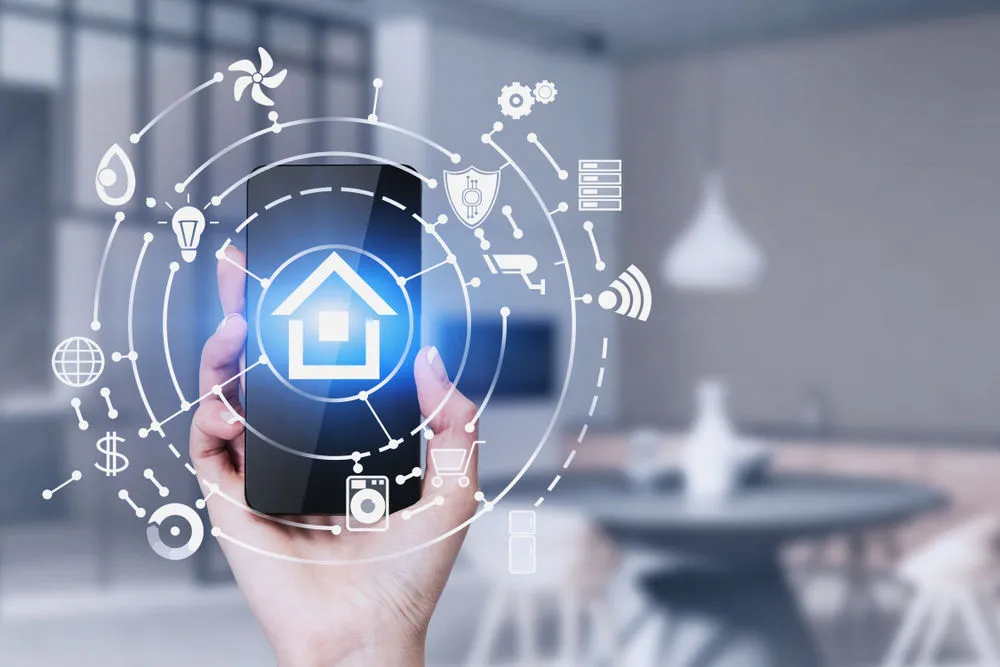Smart homes are becoming a popular choice for homeowners everywhere. With advances in technology, more people enjoy living spaces that respond to their needs automatically. Understanding the advantages of a smart home helps you see why this trend continues to grow. This blog explains the key benefits of home automation and why investing in a smart home system makes sense.
What Are the Benefits of Smart Home Automation?
Smart home automation is connecting equipment so that they work together and can be controlled remotely. These systems offer several advantages that improve daily life. They add convenience, boost security, lower energy use, and provide more control over your living environment.
By linking lighting, climate control, security, and entertainment systems, smart homes help simplify routines. You can control these elements through your smartphone or voice commands, no matter where you are.
Convenience and Comfort
One of the biggest benefits of smart homes is convenience. Imagine lights turning on automatically when you enter a room. Or your thermostat adjusts to your preferred temperature before you get home.
These systems learn your habits and adapt to your lifestyle. You can set schedules or control devices remotely. For instance, start your coffee maker on the way home, or close the blinds at sunset without lifting a finger.
Additionally, smart home devices often include reminders and alerts. They help you keep track of everything from appointments to maintenance needs.
Improved Security and Safety
Smart home automation greatly enhances home security. You get instant alerts about unusual activity through cameras and motion sensors. You can monitor your property live from anywhere.
Smart locks provide keyless entry with customizable access codes. This feature means no more worrying about lost keys or unauthorized entry. You can also lock or unlock doors remotely when needed.
Moreover, integrated smoke detectors and water leak sensors alert you early about emergencies. These devices reduce risks and prevent costly damage.
Energy Savings and Efficiency
Energy efficiency is another major advantage. Smart thermostats adjust heating and cooling based on your schedule. This approach avoids wasting energy when no one is home.
Smart lighting systems use LED bulbs and motion sensors to cut unnecessary power use. Automated shading helps control indoor temperature by blocking sunlight during hot hours.
All these features reduce utility bills without sacrificing comfort. Over time, savings on energy costs can offset your initial investment.
Increased Home Value
Investing in a smart home system also adds value to your property. Buyers appreciate homes equipped with modern technology that promises comfort and security.
A well-designed smart home signals innovation and attention to detail. It can help your home stand out in a competitive market. Therefore, smart home automation is a smart financial choice.
Better Control and Customization
Smart home automation offers unmatched control over your environment. Instead of managing multiple devices separately, you use a single app or voice assistant.
This integration simplifies your daily tasks. You may set up custom scenes, such as “movie night,” which dims the lights, closes the curtains, and switches on the TV with a single command.
Additionally, you can monitor and control devices remotely. This feature is helpful when you’re away and want to check or adjust settings quickly.
Health and Wellness Benefits
Some smart home devices contribute to your health and well-being. Air quality monitors detect pollutants and suggest ventilation when needed. Smart lighting can adjust to support your sleep cycle by changing color temperature.
Voice assistants help keep your hands free, which can benefit those with mobility issues. They also provide quick access to information, reminders, and emergency contacts.
Easy Installation and Scalability
Today’s smart home devices are easier to install than ever. Many products work with your existing WiFi network and require minimal setup.
You can start small with a few devices and add more over time. This flexibility allows you to build a system that fits your needs and budget.
Environmental Impact
Besides saving energy, smart homes promote sustainable living. By managing power consumption efficiently, they reduce your carbon footprint.
Automated systems prevent waste and encourage the responsible use of resources. This impact benefits the environment and future generations.
Common Misconceptions About Smart Homes
Some think smart homes are too complicated or expensive. However, many systems offer user-friendly interfaces and affordable entry points.
Security concerns also exist, but reputable brands provide strong encryption and regular updates to protect data. Choosing trusted equipment and following best practices keeps your home safe.
How to Choose the Right Smart Home System
Before installing a system, identify your priorities. Do you want better security, energy savings, or convenience? This decision guides your choice of devices.
Check compatibility among products to ensure smooth operation. Also, consider customer support and warranty services.
Professional installation may be recommended for larger and more complex systems. DIY options work well for smaller setups and those comfortable with technology.
Conclusion
The advantages of a smart home make it a worthy investment.. From saving energy and enhancing security to boosting comfort and control, smart home automation offers clear benefits. Whether you opt for DIY devices or professional installation, smart homes provide value for any lifestyle.
Experience the advantages of a smart home today. Contact us for expert guidance on smart home automation that fits your lifestyle and budget perfectly.

